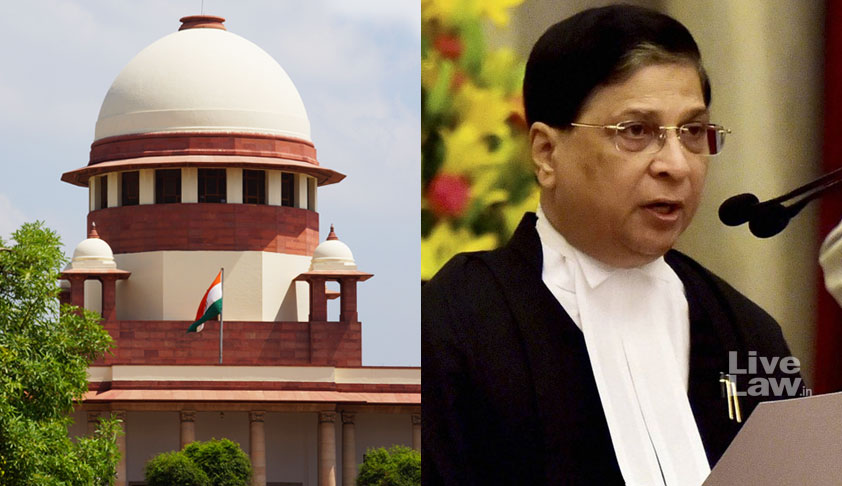Next Story
1 July 2018 8:07 PM IST
The Supreme Court will reopen tomorrow after a 42-day summer break, and the first fortnight is all set to be action-packed.Verdicts on crucial cases like the power struggle between Delhi Chief Minister and Lt Governor, the constitutional validity of Aadhaar, and the review petition filed by death row convicts in the Nirbhaya case are expected soon.Though it was widely expected that the...

